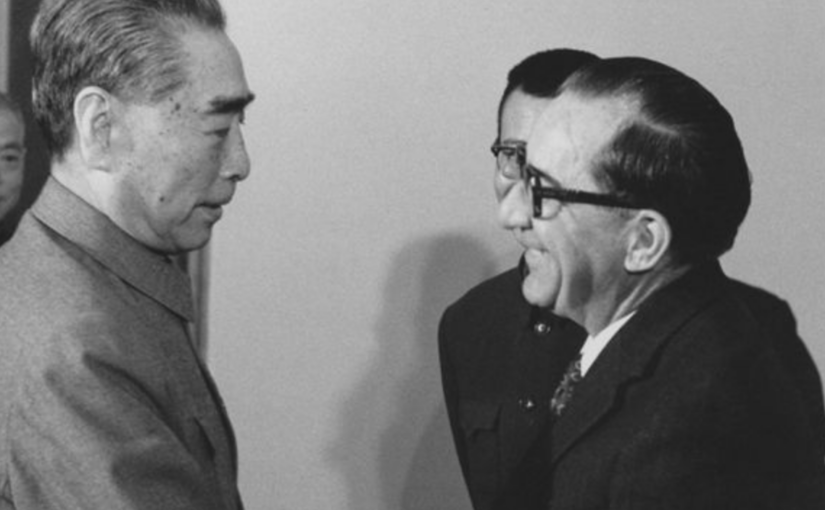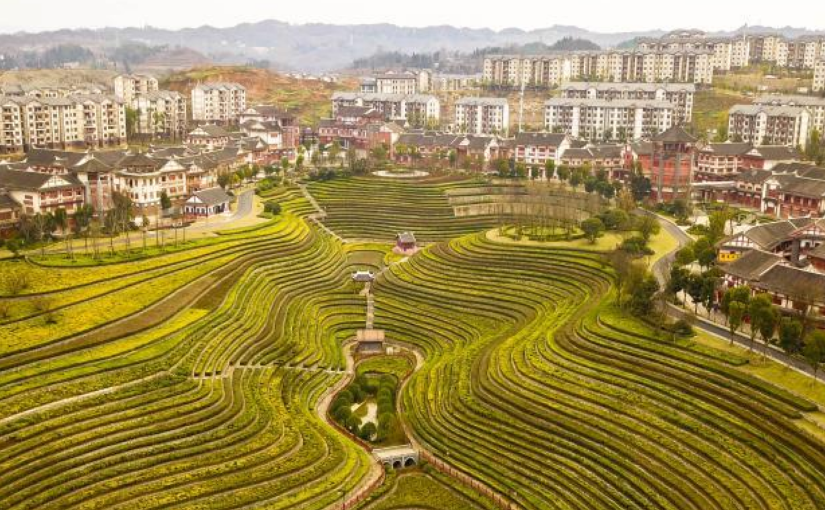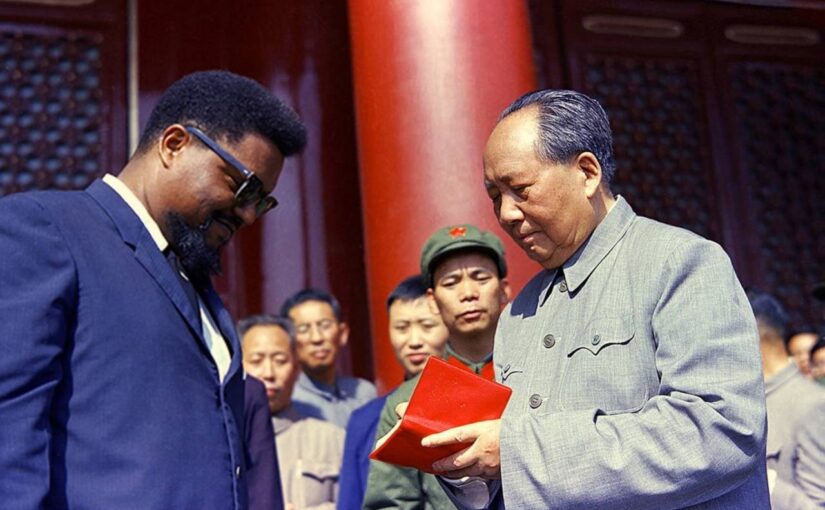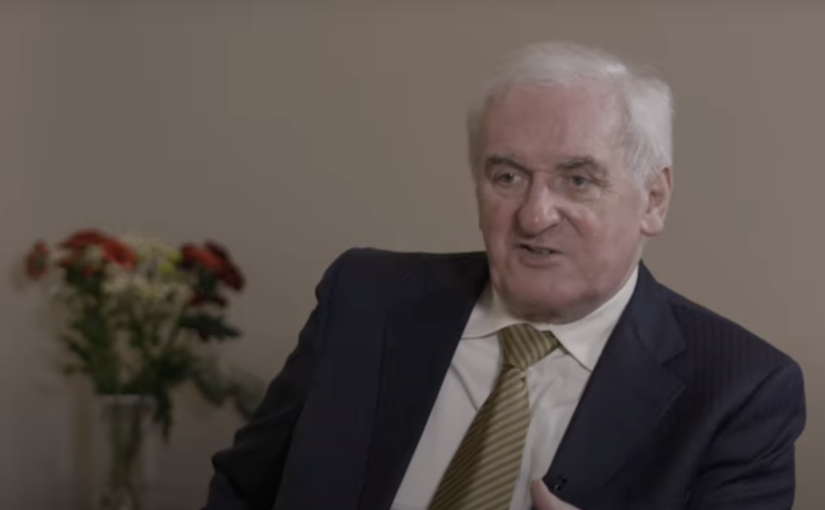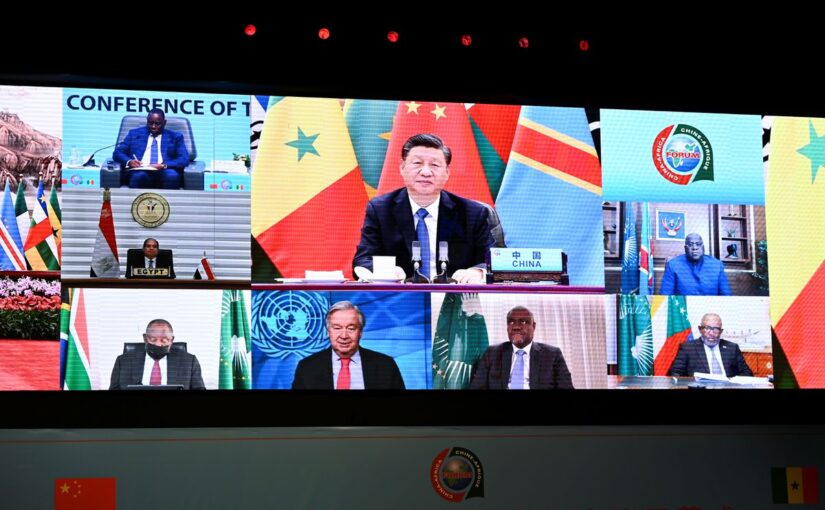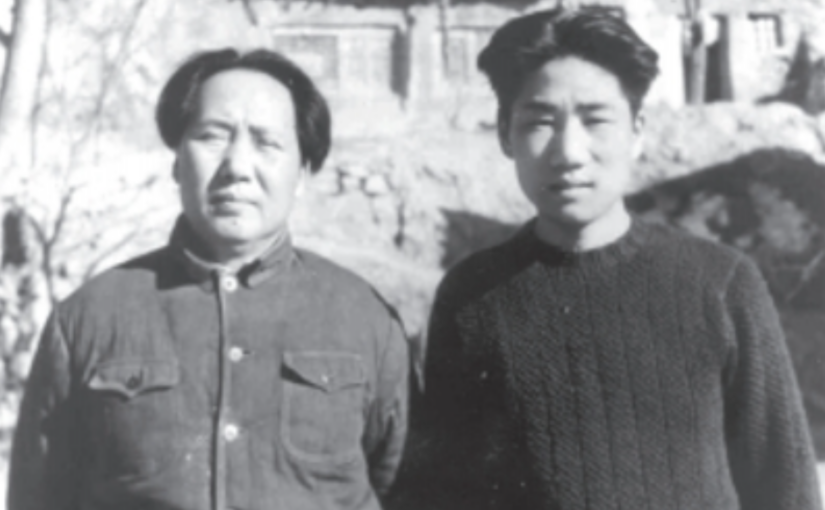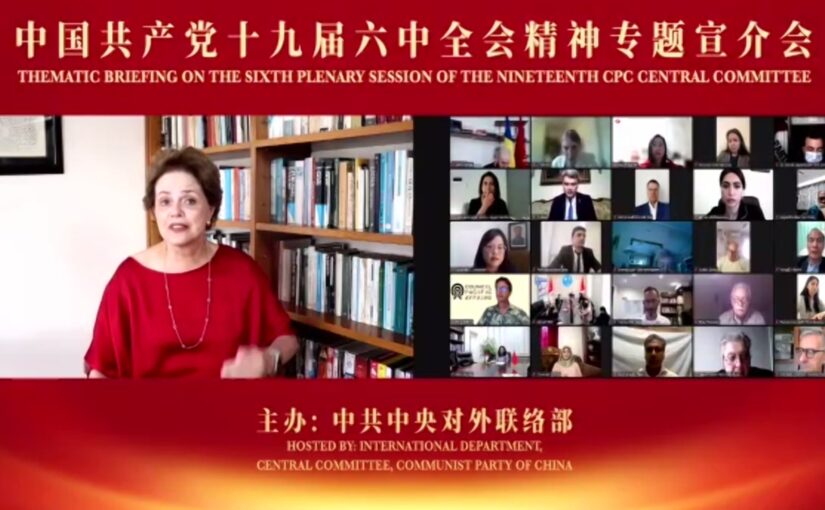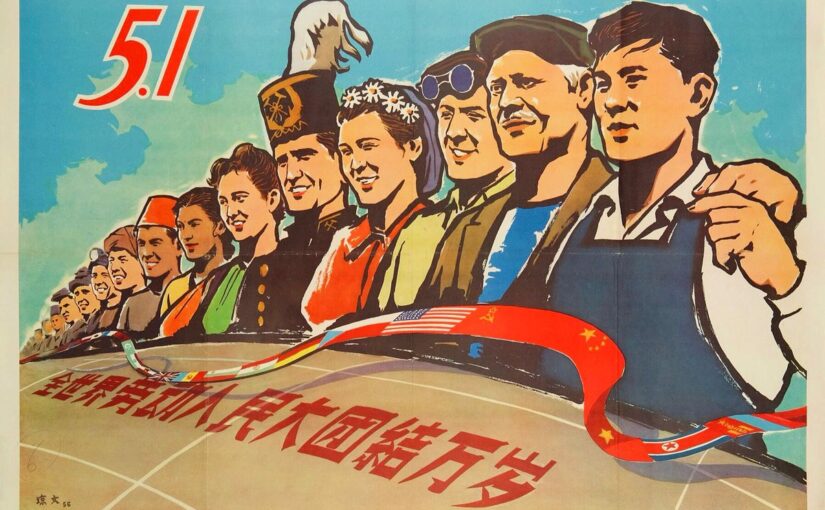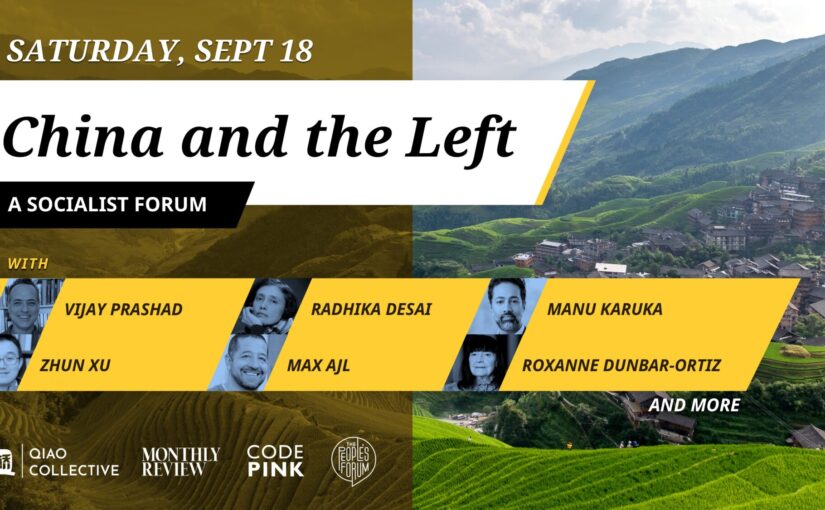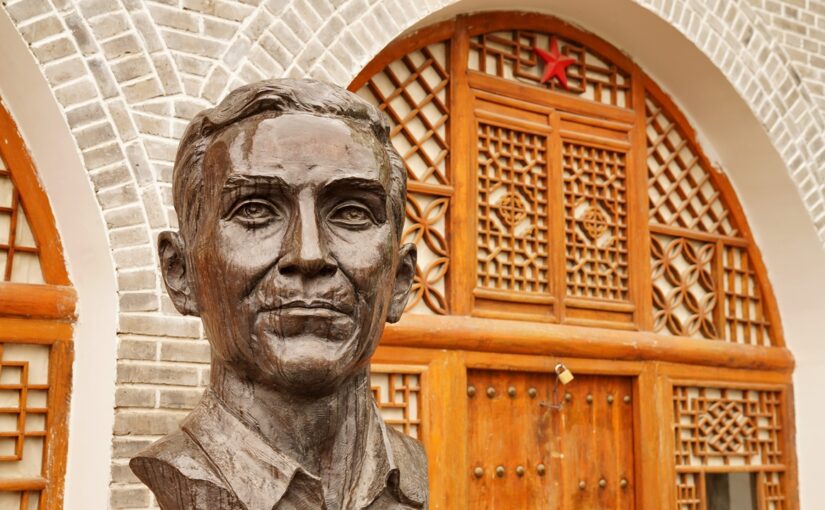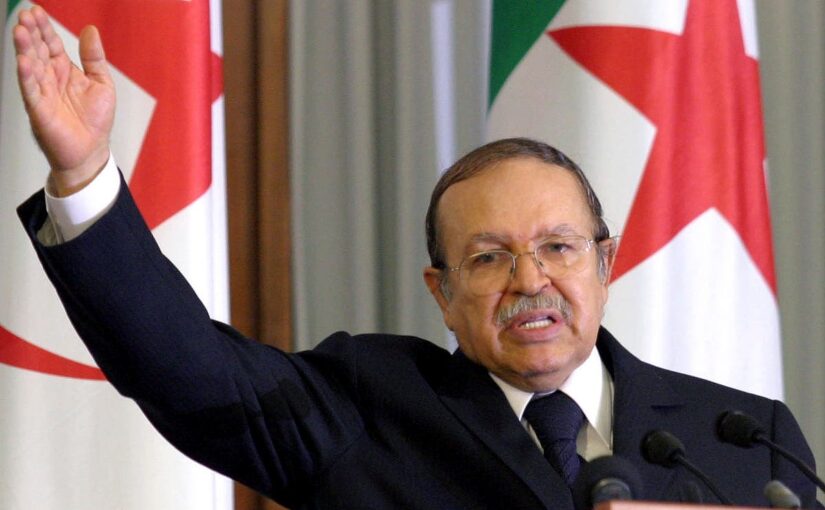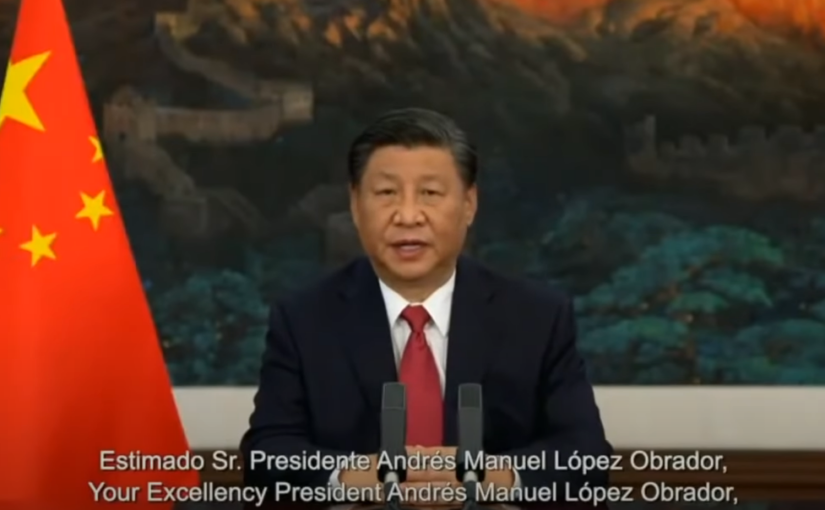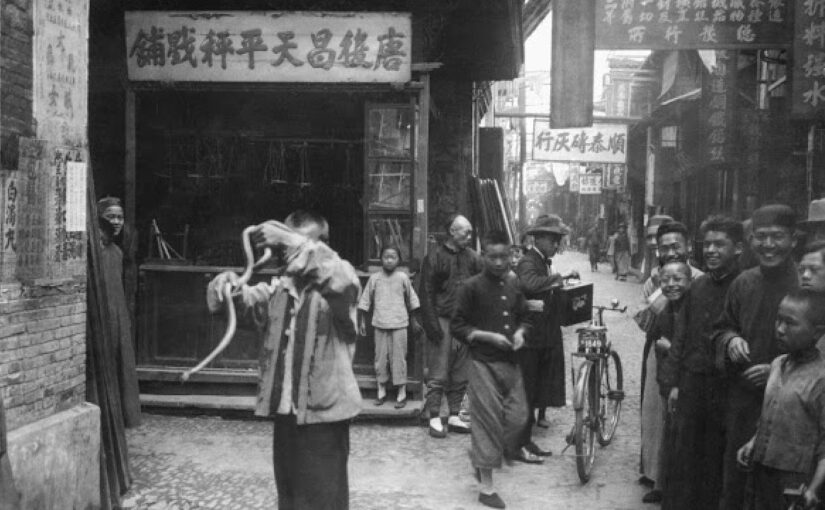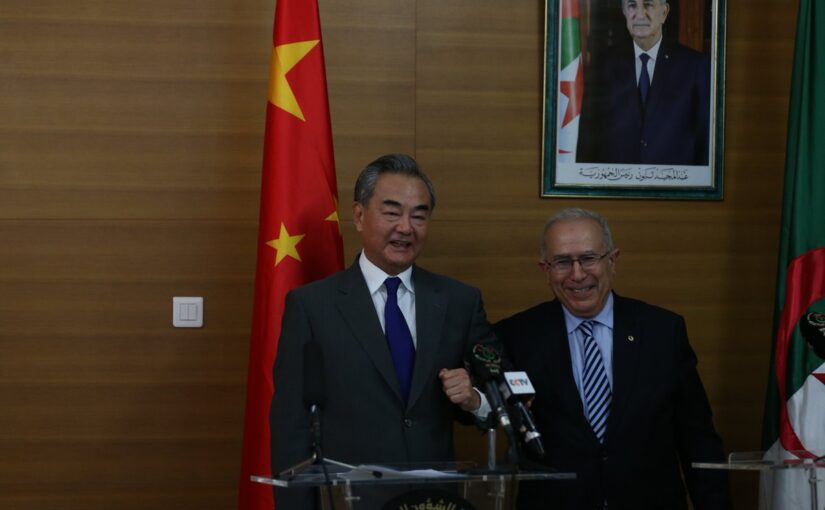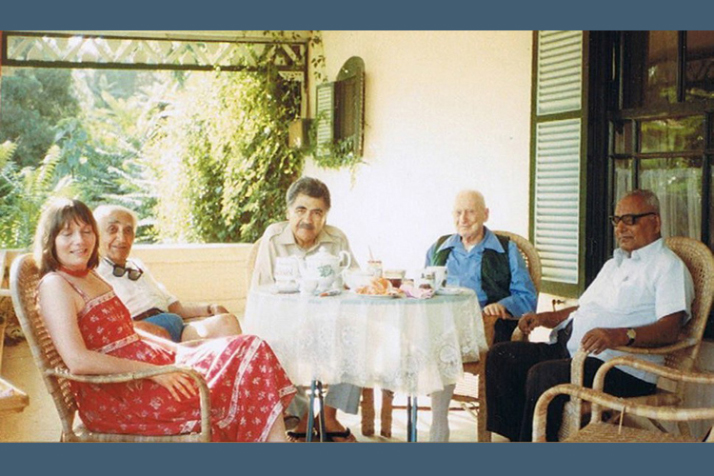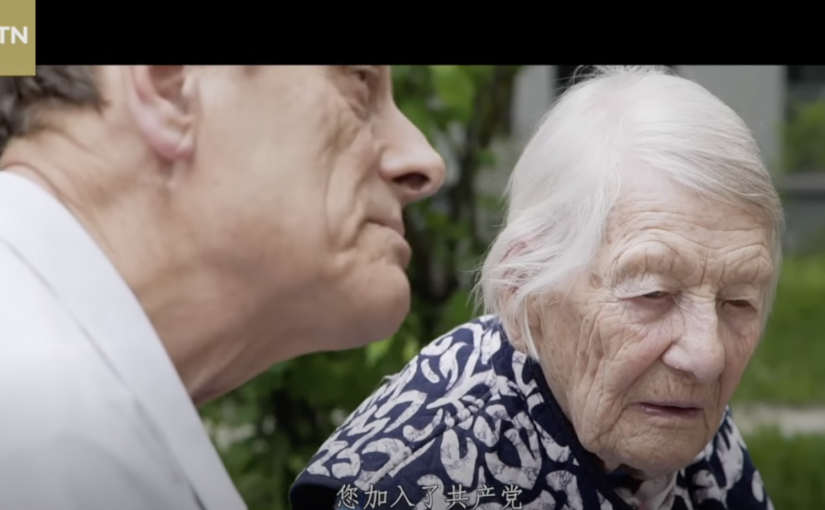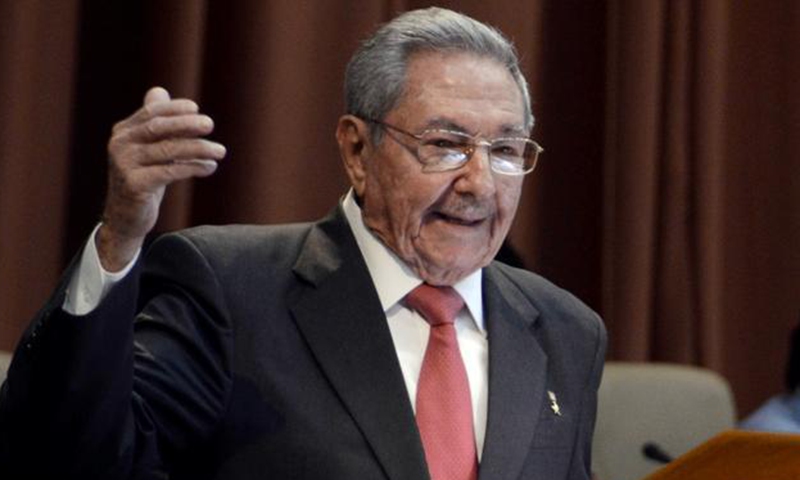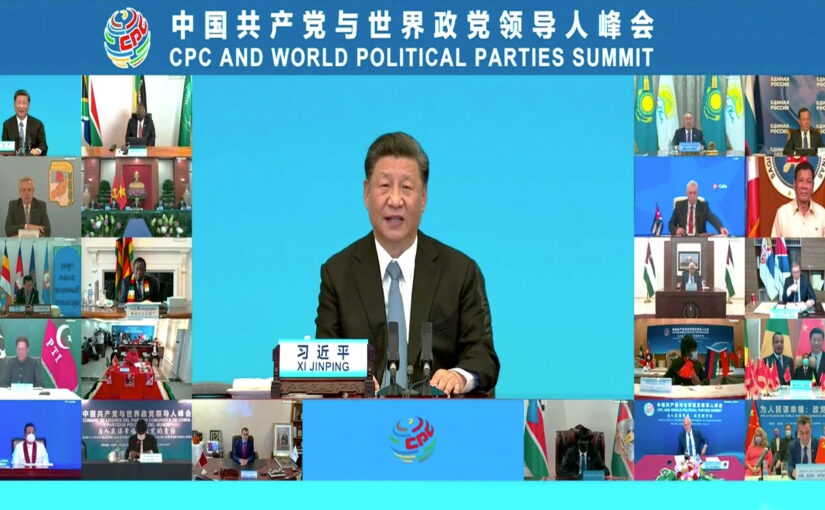This year sees the 50th anniversary of the establishment of diplomatic relations between China and Malta. China is a large country in East Asia with a population of some 1.4 billion people. Malta is a small European country in the Mediterranean with a population of less than half a million. Yet the two countries share a deep and profound friendship.
With the Golden Jubilee of diplomatic relations approaching, on January 10, President Xi Jinping had a telephone conversation with his Maltese counterpart George Vella. According to the official read out from the Chinese Foreign Ministry:
“Xi Jinping pointed out, China and Malta are old and good friends that have withstood the test of time. Half a century ago, the elder generation of Chinese and Maltese leaders, with great vision and foresight, jointly forged friendly relations between China and Malta. Over the past 50 years, no matter how the international situation changes, China-Malta relations have been developing in a sound and steady manner, with deepening friendship and fruitful cooperation in various fields. In the face of challenges such as the international financial crisis and the COVID-19 pandemic, the two sides have always helped and supported each other.”
For his part, President Vella responded: “Bilateral relations have become more mature and made remarkable achievements, setting a good example of state-to-state relations. Malta is firmly committed to further developing its friendly relations with China and is ready to strengthen high-level exchanges and deepen practical cooperation with China in various fields. Malta cherishes the precious opportunities brought by Belt and Road cooperation and is ready to continue to advance relevant cooperation with China. I hope that Malta-China relations will develop even better in the next 50 years and bring more benefits to the two peoples. Malta firmly adheres to the one-China principle and firmly supports multilateralism. Malta is ready to play a positive role in promoting the development of EU-China relations. Malta highly appreciates China’s vaccine aid for the international community’s fight against the COVID-19 pandemic and its positive contribution to the global response to climate change, and looks forward to closer cooperation with China.”
Although Malta won its independence from a century and a half of British colonial rule in 1964, it remained a neo-colony under the military and economic domination of British imperialism. All that was set to change with the election of a Labour government under the Prime Ministership of Dom Mintoff in 1971. Under his visionary leadership, Malta was transformed from a British neo-colony into a bastion of anti-imperialism and a mainstay of the Non-Aligned Movement. He also expanded the state and public sector of the economy, with extensive nationalisation, established a comprehensive welfare state, and enacted key social reforms, including equal pay for men and women and the decriminalisation of homosexuality. All this required the forging of international alliances and Mintoff assiduously developed close friendships with such outstanding revolutionary leaders of the developing world as Mao Zedong, Kim Il Sung, Muammar Gadaffi and Nicolae Ceausescu, among others. Above all, it was Mintoff’s deep and genuine friendship with Socialist China that enabled Malta to expel the British military bases and to stand up in the world. This writer vividly remembers the consternation of the British TV newsreader reporting Mintoff’s crossing back into the then British colony of Hong Kong, sporting a large badge of Chairman Mao on his suit jacket lapel following a meeting in Beijing with the Chinese leader.
Naturally all this earned Mintoff the undying hatred of the British ruling class. Particular and sustained vitriol was poured by the Daily Mail, a right wing British daily which had supported the British Union of Fascists in the 1930s, who dubbed him “desperate Dom”. Their hatred became positively apoplectic when his daughter Yana, then a student in London, and a key activist in the Troops Out Movement (TOM), campaigning for Irish independence and reunification, hurled horse dung on MPs from the public gallery of the House of Commons in solidarity with the ‘dirty protest’ waged by Irish Republican prisoners in the north of Ireland. (The ‘dirty protest’ was to culminate in the 1981 hunger strike in which 10 young Volunteers from the Irish Republican Army and the Irish National Liberation Army were to heroically lay down their lives.)
Without the British military bases, Malta would have faced economic ruin. That is why, in 1975, China built Dock Number Six in the harbour of the Maltese capital Valetta. Far better known as the Red China Dock, this engineering feat remains the largest dry dock in the Mediterranean. At that time, China was still a poor country and its economy was reeling from the turmoil of the Cultural Revolution. On a per capita basis, Malta was clearly a more prosperous country. But Chairman Mao and Premier Zhou Enlai saw it as their solemn internationalist duty to help Malta take the road of independence and the building of a new society.
Visiting the Red China Dock on 7th September 2021, China’s Ambassador to Malta Yu Dunhai noted that it is, “a significant symbol of China-Malta friendship and remains as a monument in the heart of the people devoting themselves to China-Malta friendship. More than 40 years ago, China overcame its economic and technological limits, provided 100 million RMB interest-free loan and sent about 800 technicians to Malta to construct the dry dock, which showcases the sincere friendship between our two countries. Two Chinese engineers, Mr. Xu Huizhong and Mr. Gu Zhaoyan, lost their lives during the construction. Their great effort and sacrifice laid solid foundation for China-Malta ongoing friendship.”
We are therefore very pleased to reproduce from Shine News, the online platform of the prestigious Shanghai Daily, the following interview with Dr Alex Sceberras Trigona, Foreign Minister of Malta from 1981-87. In this period, Dr Trigona worked closely with Deng Xiaoping to carry forward and develop the friendship established with the preceding generation of Chinese leaders.
(Introduction by Friends of Socialist China co-editor Keith Bennett).
Dr Alex Sceberras Trigona recalls the big moment when he had to arrange a meeting between Malta Prime Minister Dom Mintoff and Chinese leader Deng Xiaoping in 1982 when he served as Malta’s minister for foreign affairs.
China and Malta established diplomatic ties in 1972, and Sceberras Trigona was instrumental in strengthening the relationship between the two countries during his tenure as foreign minister from 1981 to 1987. He has lost track of the number of times he has visited China but thinks “it could be 30 to 40 times” at least.
He has experienced the “hospitality and big heart” of China and was involved in the documentation and negotiations of projects that China helped build in Malta. He had negotiated and concluded Malta’s Neutrality Agreements in the worst years of the Cold War and has met generations of the Chinese people, from leaders to young students. He opened Malta’s embassy in Beijing.
Continue reading China’s loans and projects transformed Malta’s economy